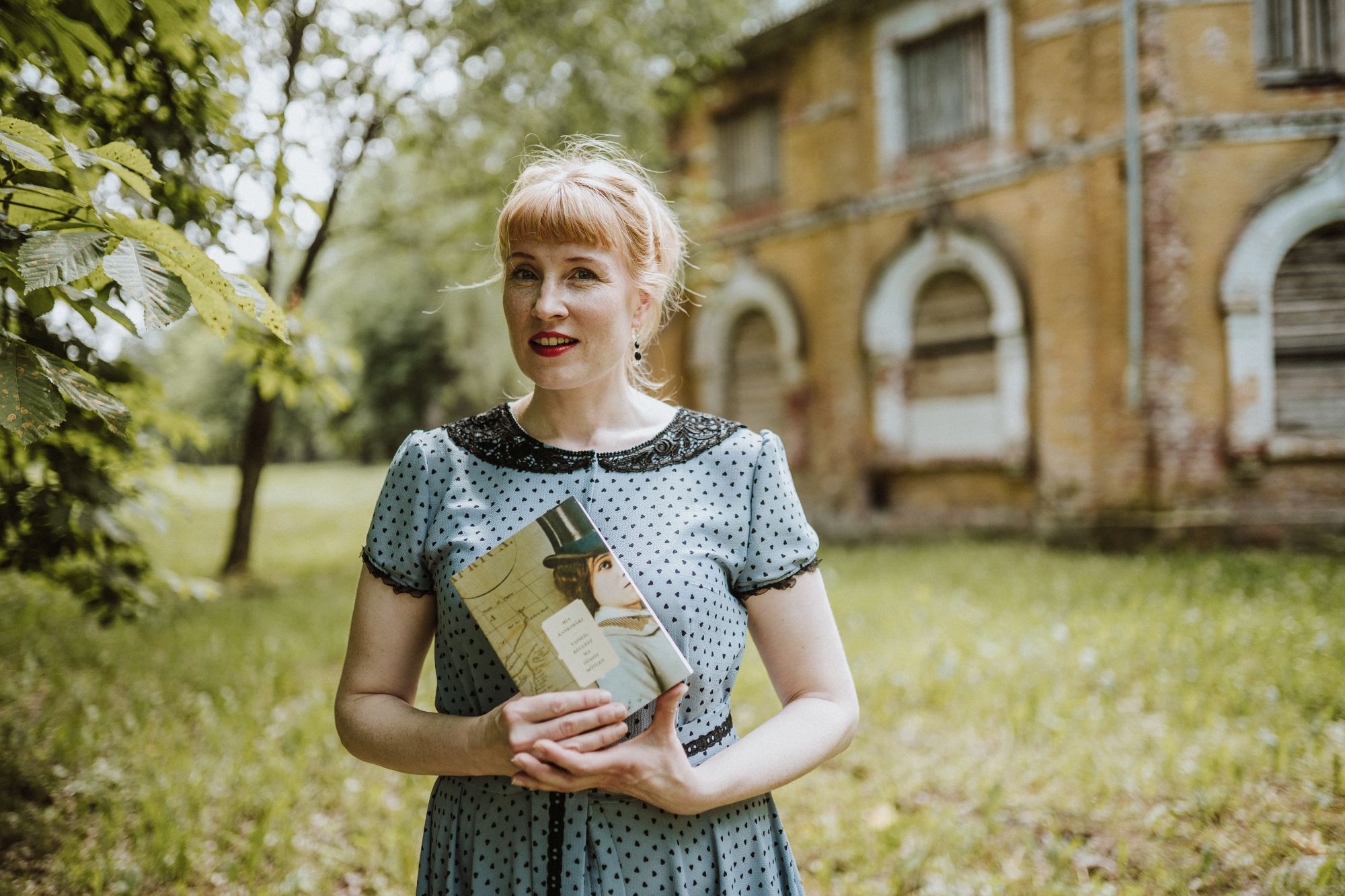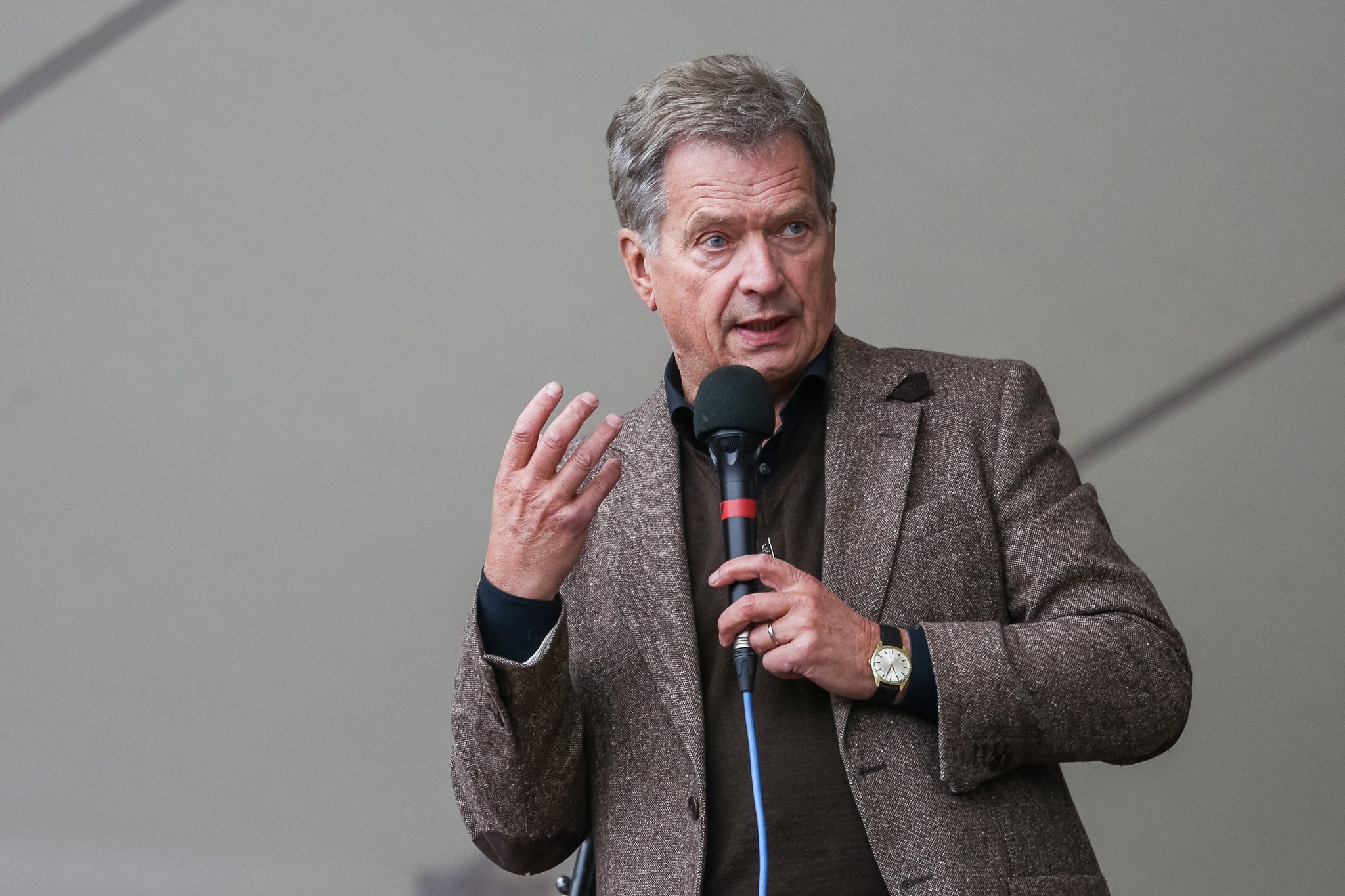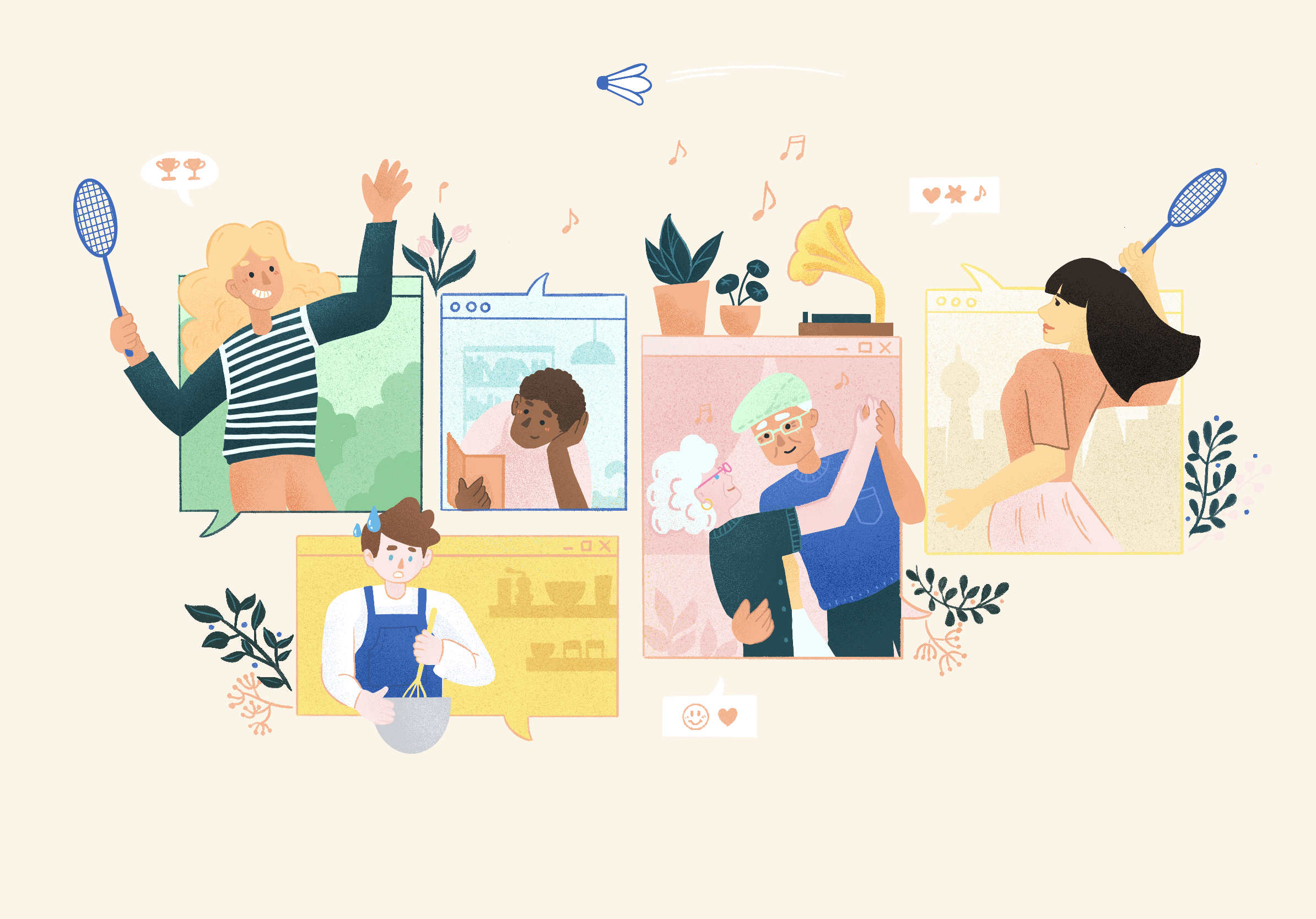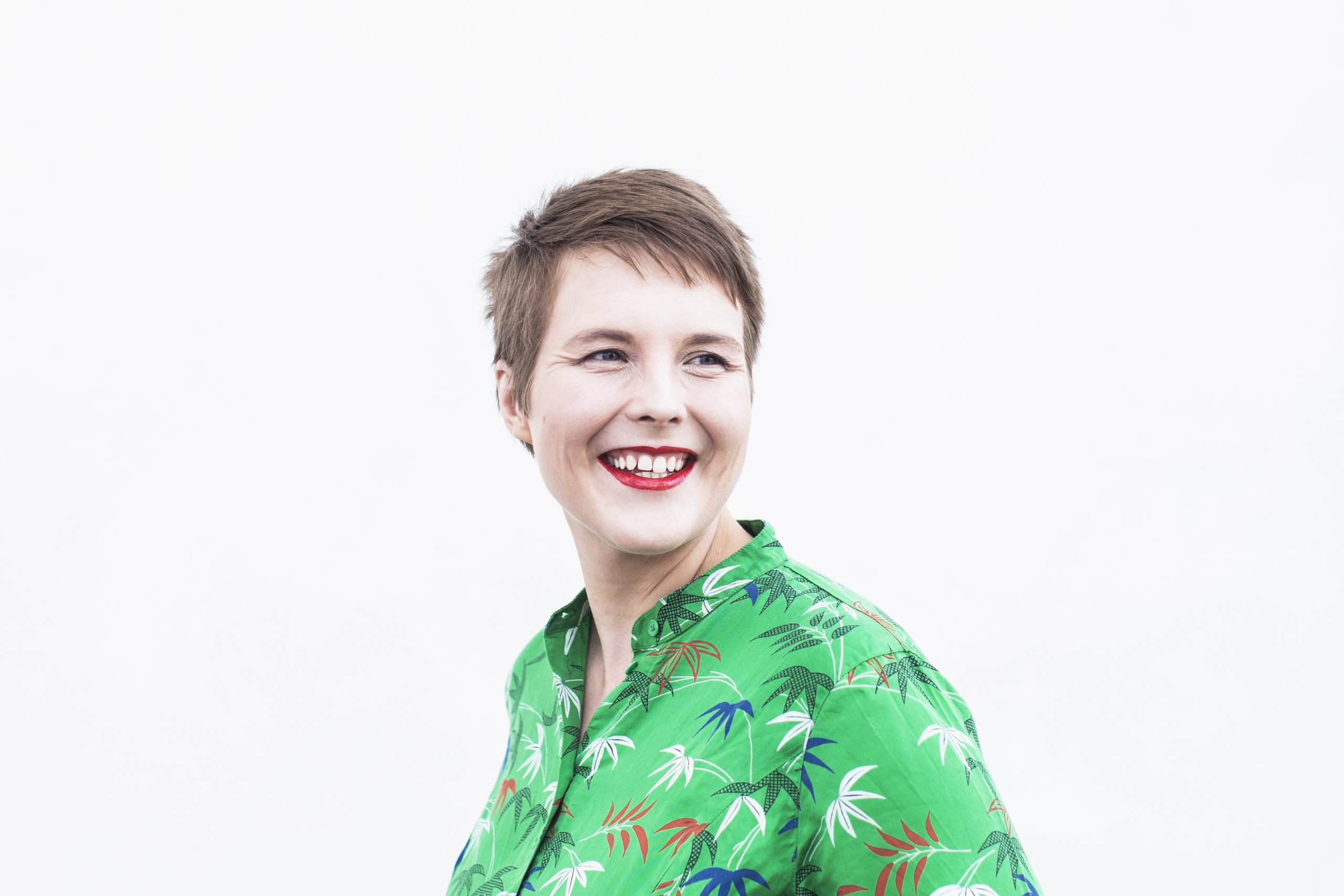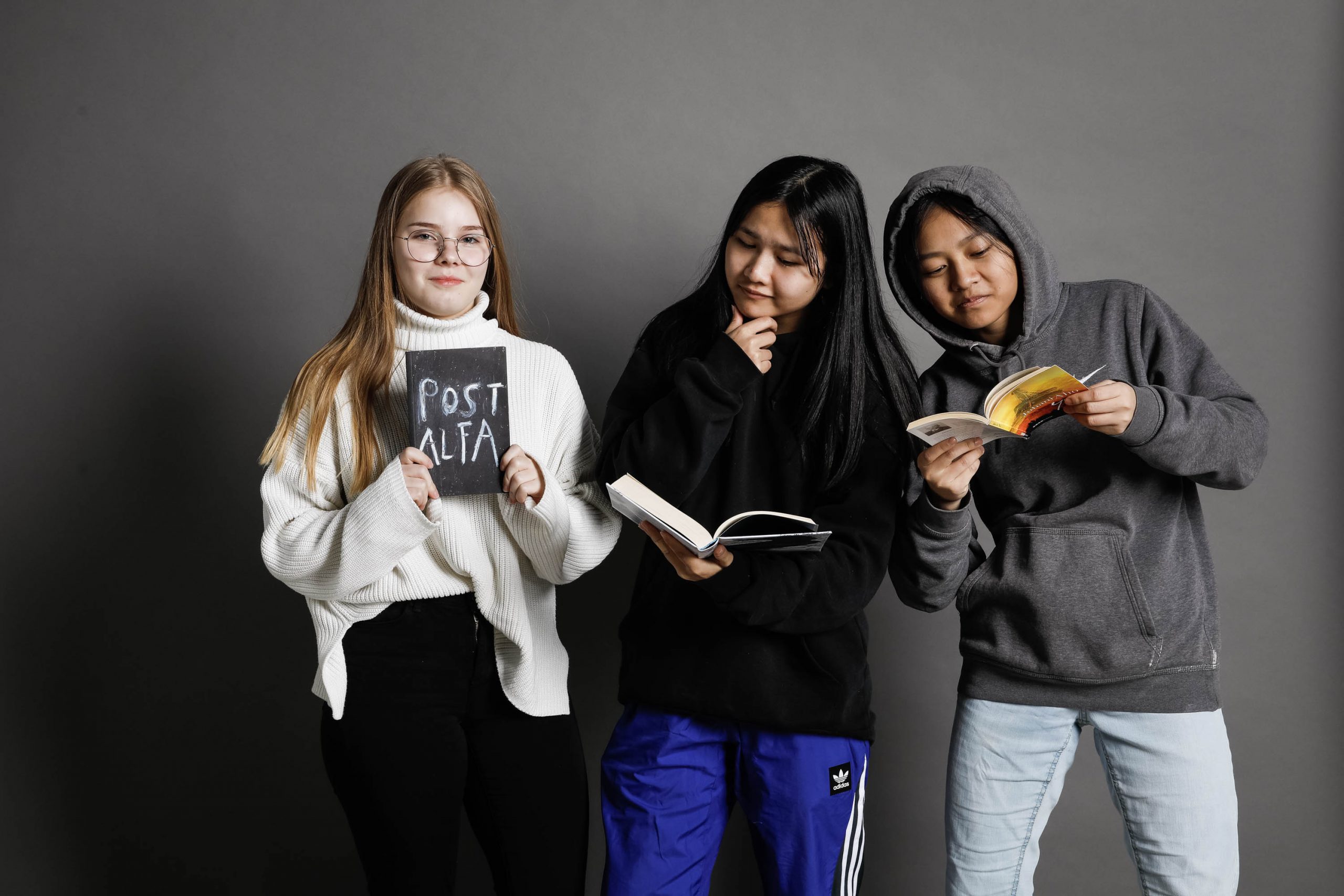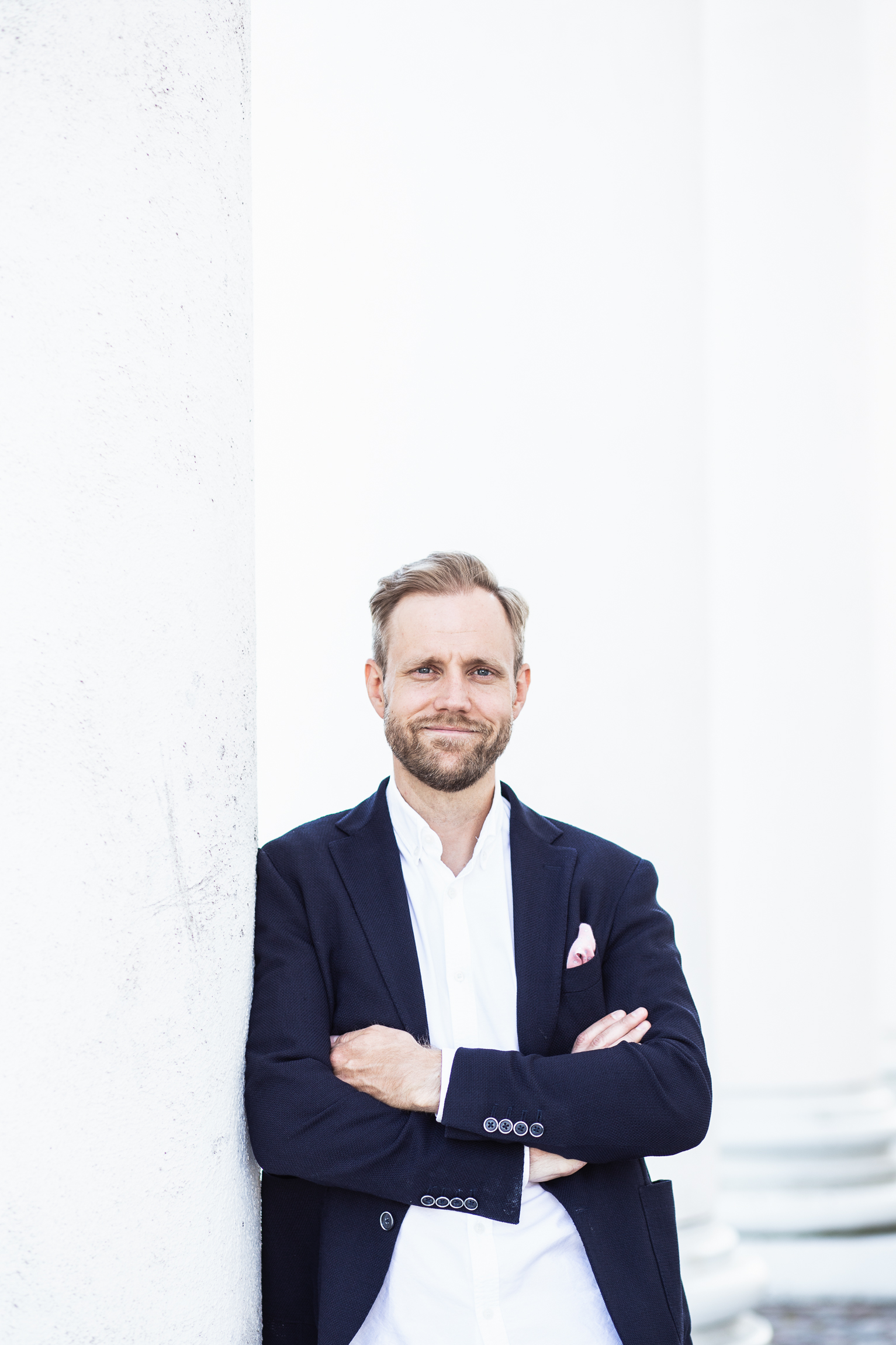Arguing that reading is beneficial won’t get young people to read – telling them it is fun will
Author Olli Alanen olli.alanen@nuori.fi Twitter: @oalanen One of the most pressing problems of the 21st century in the West is that literacy among young people is decreasing. Reading increases empathy, widens the imagination and understanding of different people, cultures, and societies – all important skills for building a better future. In a rapidly changing world, […]
Helena Bross, Stockholm: ”Children’s books are gateways to literature and reading”
”It was difficult for me to learn how to read and write. I did not understand letters, and I was too afraid to ask for help. In the second grade, I was diagnosed with dyslexia. In the third grade, I was moved to a special class that had also other children with dyslexia. They called […]
Heidi Iivari, Tartu: “You’re never alone when you are reading”
“There is a strong culture around reading in Estonia. I believe that it actually strengthened when Estonia was a part of the Soviet Union because books were so cheap. Books were a cultural product that was supported and by reading you could advance your own language. Authors even hid different messages about the Estonian language […]
The President of Finland: “Through books, we may become acquainted with different cultures”
For the third time, the Children and Youth Foundation’s Read Hour Literacy Campaign challenges everyone in Finland to read for an hour on 8 September, the UN International Literacy Day. This year, the campaign will also take place in Sweden, Estonia and the United Kingdom. Through books, new worlds are opened up to us. We […]
Natalia de la Ossa, London: “You don’t have to be a Reader, but you can be anything you want by reading”
“I ended up being a bookseller by accident, really. I was always fascinated by books because my family encouraged reading a lot. At one point in my life, I needed a job very quickly, and I went into Blackwells that I used to visit, and knew the store by heart. I asked for a job, […]
The Social Media of Dreams: What youngsters wish from future social media
The survey is part of the co-operation between the Children and Youth Foundation and TietoEVRY against hate speech and cyberbullying. The aim of the co-operation is to improve interaction on digital platforms and thereby increase the wellbeing of young people. The co-operation has resulted in, for instance, the Polite Type font, which corrects hate speech […]
Are we raising kids for a future that never becomes?
Author Sara Peltola Education and career counselling always reach for the future. This being said, it is confusing how little we discuss what the world we are preparing the children for will look like. During the last five years I have had the privilege of getting to know and sense megatrends, trends and quiet signals […]
The President of the Republic of Finland Sauli Niinistö: “At a time like this, the experiences delivered by reading and books are important”
The Children and Youth Foundation’s Reading Hour literacy campaign, which is being organised for the second time, challenges us to spend an hour with books on 8 September, UN International Literacy Day. Due to the coronavirus pandemic, we are living in exceptional times and our daily lives have changed in many ways. Especially at a […]
Only one in four young people consider reading cool – Read Hour challenges Finns to read for an hour on UN Literacy Day
“Literacy is celebrated in Finland at the turn of August-September. We are still one of the nations where people read a lot, but the latest PISA survey again raised concerns. As many as one in eight young people graduate from primary school without adequate reading skills and over 60 per cent of boys said they […]

